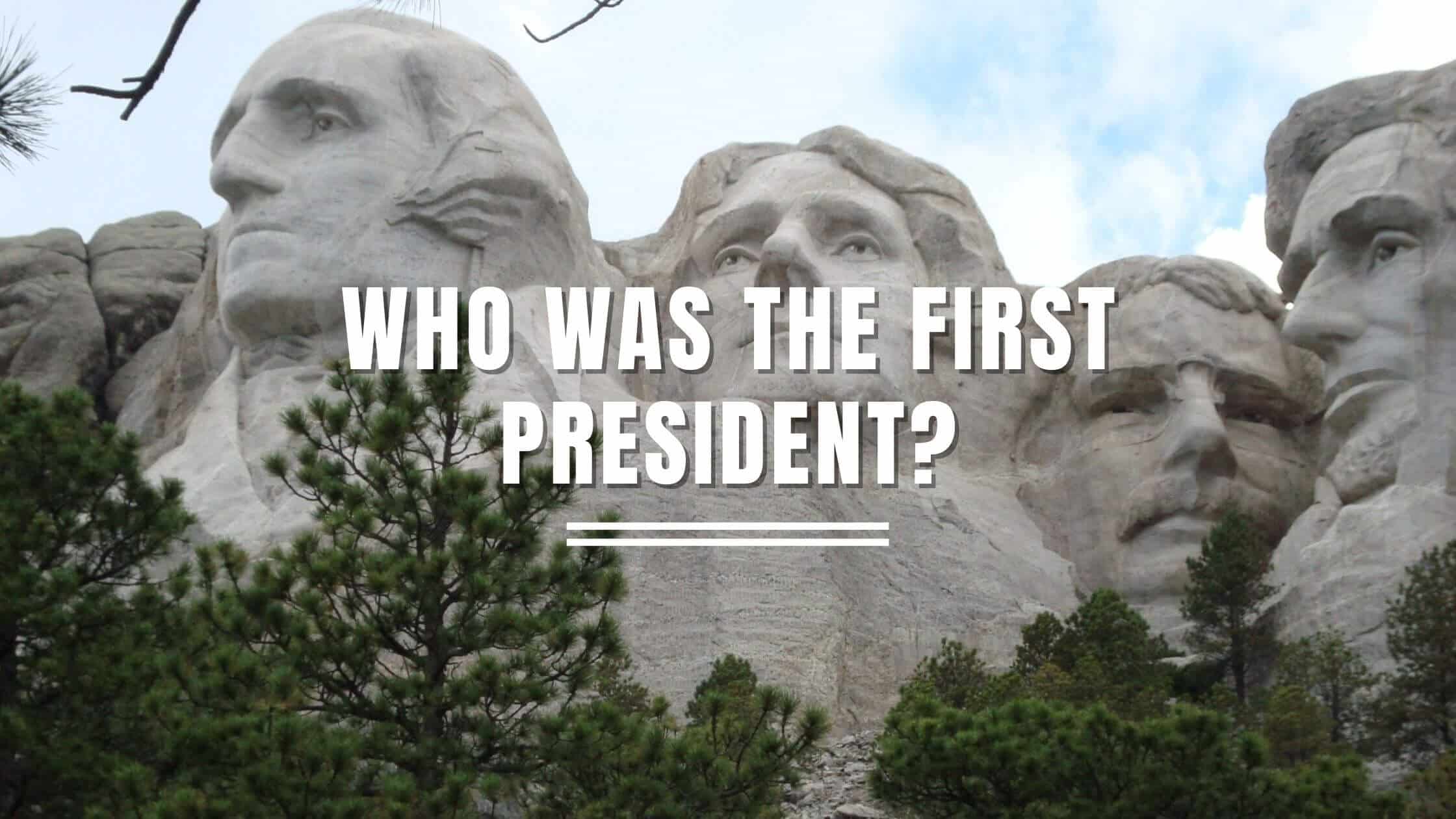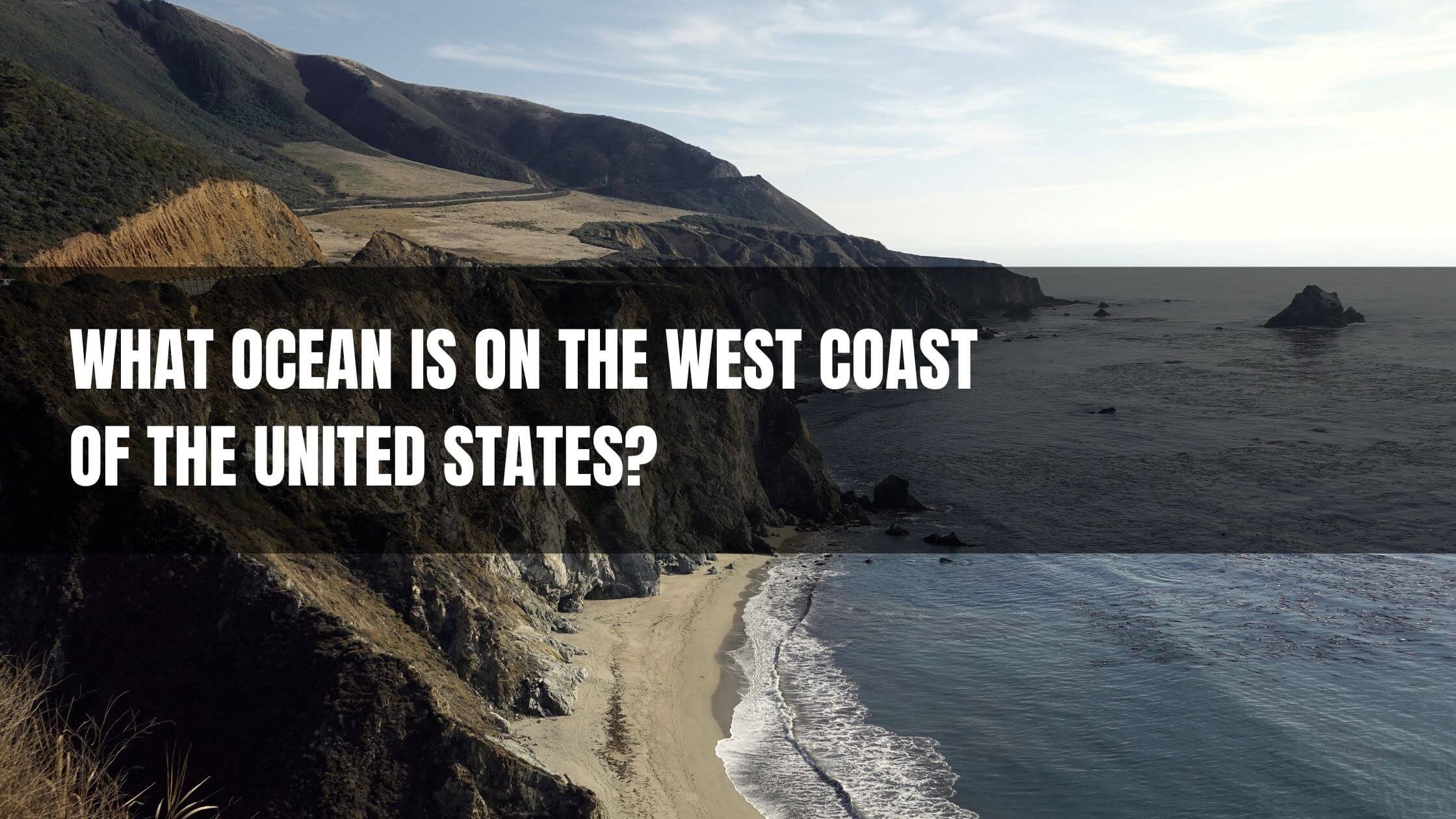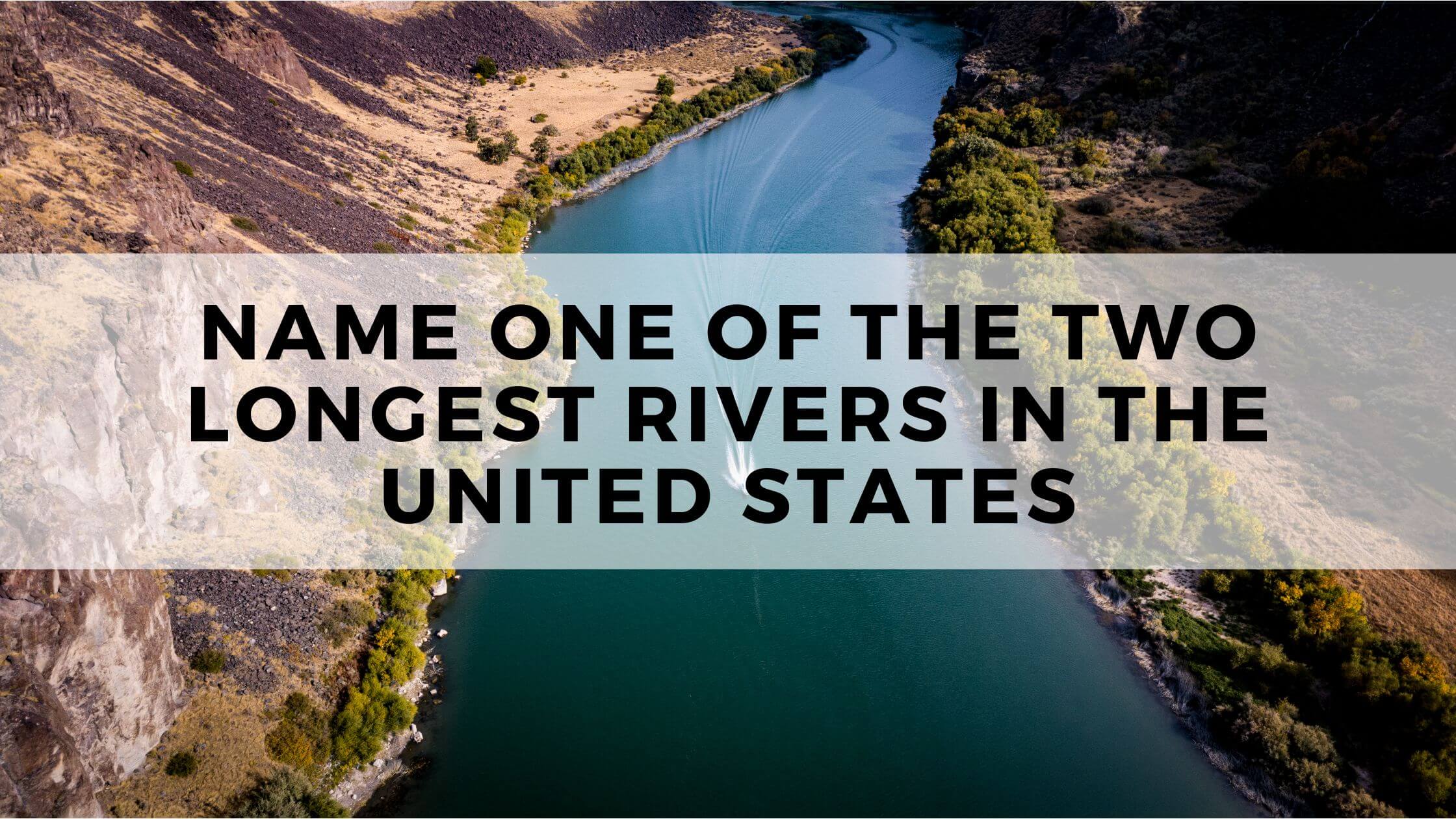Table of Contents
ToggleTo pass the US citizenship test, you will have to answer 10 of a possible 100 questions. The following question is from the USCIS test.
Who was the first president?
Answer:
(George) Washington.
The following is a full explanation of the USCIS question:
George Washington was the first President of the United States. He was a Revolutionary War hero who led the revolutionary forces against Great Britain and helped write the constitution. He served two terms as president with the Electoral College voting for him unanimously on each occasion.
Unlike modern presidents, George Washington did not represent a political party. While the ideas of founding fathers Thomas Jefferson and Alexander Hamilton were largely incompatible yet important to the future of the country, Washington did not strongly favor either side.
Who Was George Washington?
George Washington was the most famous founding father and is the most recognized figure in the history of the United States. He was an officer, an elected representative in Virginia, a commander of the Revolutionary Army, and the first and one of the greatest presidents.
The United States capital is named after Washington, and there are monuments, movies, books, and a holiday that memorialize him. Washington began his military career as a British Officer who fought in the French and Indian War but gradually lost faith in the British government and became a patriot.
Washington’s Upper-Class Background
Unlike some other founding fathers, George Washington (1732-1799) did not grow up poor. Washington’s family were wealthy farmers in Virginia. His great-grandfather was very successful in business and gradually acquired their first 5,000 acres of land.
Many famous historical figures have a dark side, and as slave owners, Washington’s family were no different. He inherited some land and slaves early in life. However, as the nation’s attitude towards enslavement changed, he made provisions in his will for one of his slaves to be freed upon his death and the remainder to be emancipated after the death of his wife.
Unlike many prosperous people at the time, Washington did not go to England to receive a formal education. He attended school in Virginia, studying mathematics and learning to be a draftsman and mapmaker. Washington got a surveyor’s license, surveyed Culpeper County, Virginia, and acquired more land, owning 1500 acres by 1752.
Washington in the Colonial Army
The military career of his half-brother influenced Washington’s decision to serve. He sought an officer’s commission and became a Major who led a militia district. When he began his career in 1752, the French and Indian War had not yet started, but the British and French were competing over and constructing forts in the Ohio valley.
In the year leading up to the war, Washington was ordered to make peace with the Iriquois and demand the French vacate some land that the British believed was theirs. He met with Iriquois leader Tanacharison, where he learned information about the strength of the French forces.
Washington made a dangerous winter trip to the Ohio River, where he met the French, to negotiate. They did not treat his party badly and even gave them better winter clothing for the trip back, but the French refused to leave the disputed territory.
An Ambush Against French Forces
Arguably, Washington may have been responsible for the war. He was ordered to send 300 soldiers and native allies to confront a French force. After finding that a larger French force had established a camp only 11 miles away, Washington planned an ambush. A small group of French soldiers was attacked at close range and killed.
The French had planned to send a diplomatic message to Washington, but failing to realize their intentions, he reacted with brutal force. Although congratulated and not reprimanded for his attack, the result was war, in the colonies and in Europe (Seven Year’s War).
Washington might not have been ultimately responsible. Major wars are caused by significant disagreements between nations, not singular small events.
The war would likely have taken place eventually as tensions between French and British settlers were already high.
The French and Indian War
After the war broke out and Washington was promoted to colonel, he fought a battle against the French, and was forced to surrender.
Washington subsequently resigned his commission rather than accept a demotion to captain. He then became a volunteer aide to General Edward Braddock, marching to the French Fort Duquesne.
After falling ill, he was briefly left behind. Braddock was defeated and killed, with most of his troops being casualties.
Bravery Under Fire
While still in poor health, Washington inspired some of the survivors to fight so that the rest could retreat. During this maneuver, two horses he was riding were slain, and whilst under fire bullets piered his hat and coat, but he survived. His reputation as a trustworthy commander was duly restored.
Later in the war, Washington defended the frontier against Native Americans who fought for the French, facing twenty attacks in ten months. Unlike his performance during the first half of the war, he was indisputably a successful commander.
How Washington Turned Against the British Government
Washington turned against the government for the same reasons as many of the founding fathers. He did not agree with significantly increased taxes, lacking the rights of the English, or the Coercive Acts Great Britain enacted to punish people for the Boston Tea Party. When the battles of Lexington and Concord broke out, Washington was shocked and joined the Revolutionary Army.
Washington as Commander of the Revolutionary Army
Congress created the Continental Army in June 1775, and Washington was quickly appointed commander-in-chief. He was an impressive commander, and it was believed that the revolutionaries would accept a leader from Virginia. Congress chose his generals for him, including:
- Major General Artemas Ward
- Adjutant General Horatio Gates
- Major General Charles Lee
- Major General Philip Schuyler
- Major General Nathanael Greene
- Colonel Henry Knox
- Colonel Alexander Hamilton
Washington’s Revolutionary War Battles
Washington fought in many battles during the Revolutionary War and became so famous that congress elected him the first president. His first fight was the siege of Boston, which British troops had captured and fortified. Washington took Dorchester Heights above the city with a daring night attack and forced the British out of Boston.
He then took on a long march to Quebec, as he believed that he could take the province and have them fight against the British. They were defeated and repelled at the Battle of Quebec.
Washington was defeated again at the Battle of Long Island, with the patriots suffering far more casualties than the British, and so he retreated to avoid being surrounded and captured. It seemed unlikely that the rebels could win the war at the time.
Early Victories
Washington’s army marched to Pennsylvania and crossed the Delaware River to reach the state. He then took his troops across the river again for a famous successful surprise night attack against the Hessians at Trenton. Later, he returned to New Jersey and attacked British regulars at Princeton, another victory that restored morale.
After the patriot victories at Trenton and Princeton, plus the earlier Declaration of Independence, the British realized the patriots might just secure complete and permanent independence. However, they weren’t ready to concede.
British Offensives
British Generals Burgoyne and Howe led a new, aggressive campaign against the patriots. Washington was defeated at the battles of Philadelphia and outmaneuvered by Howe at the Battle of Brandywine.
A patriot attack at Germantown failed, and discussions were had about removing Washington from command. However, Burgoyne was defeated and captured at the battle of Saratoga.

Get Smarter on US News, History, and the Constitution
Join the thousands of fellow patriots who rely on our 5-minute newsletter to stay informed on the key events and trends that shaped our nation's past and continue to shape its present.
Valley Forge
Washington’s army spent the winter in Valley Forge near Philadelphia, cold and hungry. As much as two or three thousand of Washington’s 11,000 troops died.
Their paper money was no longer of significant value, and soon no animals were left to hunt in the forests. The situation looked bleak, but food and supplies eventually arrived.
The French were impressed by the fighting spirit of the Americans and allied with them against the British. The alliance with France, which was effectively a declaration of war against Britain, meant the odds were very much in the patriots’ favor, even if the British continued to fight for a few years.
After the decisive battle of Yorktown in 1781, the British were defeated and agreed to surrender terms. Fighting between patriots and loyalists continued, but the war was all but over. America was an independent nation.
Washington’s Contribution to the Constitution
Washington wrote a letter saying that the Articles of Confederation were not nearly enough and that the country needed a constitution. When the Constitutional Convention was convened, Washington was somewhat reluctant to attend. However, he still participated and recommended that states ratify the constitution to prevent the country from becoming lawless after the American Revolution.
Washington as the New Nation’s President
Washington won the first presidential election as people expected. He was president when the structure of the United States government was being formally defined. John Adams was the first Vice President.
Congress created the State Department, Department of War, and Treasury Department. President Washington gave the following people positions of authority in the first government:
- Edmund Randolph as Attorney General
- Samuel Osgood as Postmaster General
- Thomas Jefferson as Secretary of State
- Henry Knox as Secretary of War
The structure of the government is only briefly outlined in the constitution, so it was Washington’s job to define it. For example, the Cabinet became a body of advisors, which was not stipulated in the constitution.
Early Political Conflicts
Washington disliked how quickly people split into political factions. He believed that such factions within the government would weaken it. Alexander Hamilton and Thomas Jefferson, for instance, were two founding fathers with diametrically opposing views.
Hamilton believed that a strong central government was necessary to defend the country, while Jefferson argued that a strong government would inevitably become oppressive.
National Bank
George Washington created a national bank and placed much focus on the American economy during his first term. Hamilton and Jefferson are loggerheads on these issues too, but reached a compromise in 1790, with Hamilton mostly getting his way and the two remaining hostile. Washington signed acts that provided funding for the federal government through excise taxes and customs duties.
A Rebellion Against the New Government
Grain farmers revolted after the federal government put taxes on whiskey to get the country out of debt. Washington was wary of using too much force to put down the rebellion. However, he used state militias to put down the rebels and justified his actions.
Foreign and Native American Affairs
Washington did not get involved in the French Revolutionary Wars. He made sure the United States was a neutral country. Washington signed some important treaties with Great Britain intended to prevent war.
The extent to which Washington was violent towards Native Americans is disputed. Some say he hoped they would give up their way of life but did not want to take much of their land and did not approve of settlers abusing Natives. Others say that Washington wanted to take as much land as possible.
Washington said that killing a Native American was as bad as killing a European and that the government Administration of Indian Affairs should be guided by “the great principles of justice and humanity.” However, he sent military forces against the Northwest tribes, and suffered losses in the process.
Second Term and Retirement
Washington did not want to run for a second term. However, James Madison and Thomas Jefferson convinced him to as the feared negative political factions might gain control of the government.
Washington was in poor health and spent most of his second term trying to keep the United States out of international conflicts. After giving a farewell address, he retired to Mount Vernon.
He seemed reasonably healthy and cheerful until a few days before his death. He developed a violently inflamed throat and asked doctors to draw some of his blood, which was a common medical practice at the time. The treatment did alleviate his symptoms, and he died not long after.
Although not nearly as well off as he was when he was at his wealthiest, Washington died a rich man. He had about $780,000, equivalent to $17.82 million in 2021. Washington was interred at his Mount Vernon estate, where his remains are today.











